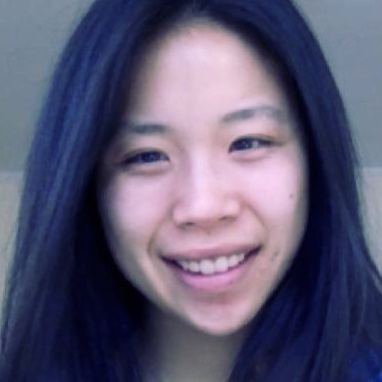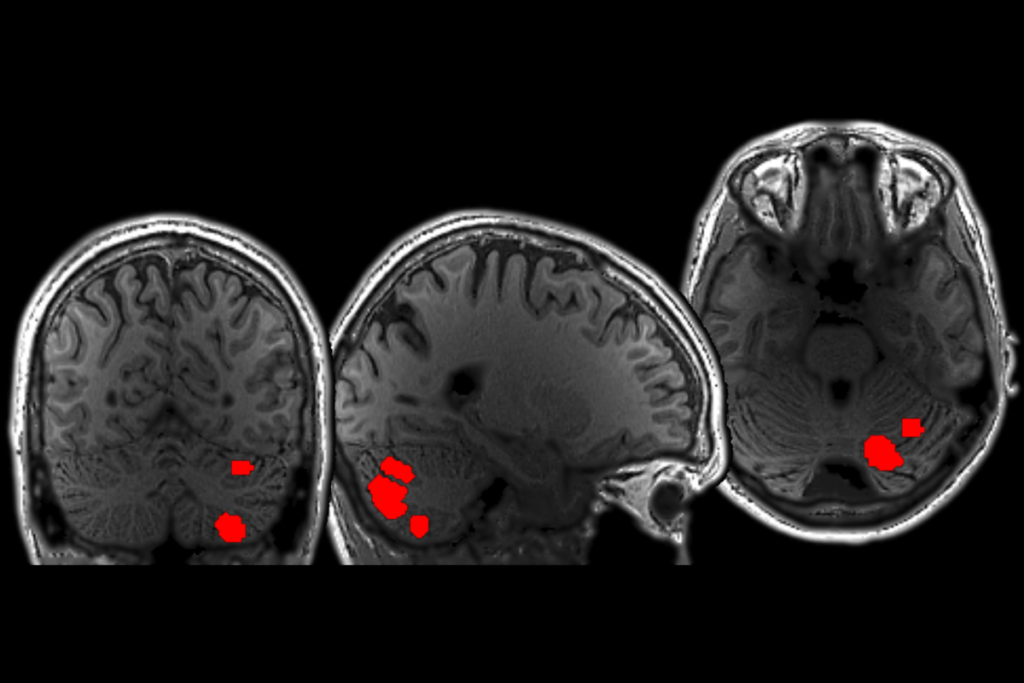Stephanie Chan performs research at the intersection of artificial intelligence and neuroscience, as a research scientist at DeepMind. She completed her Ph.D. in neuroscience at Princeton University. She completed B.S. degrees in physics and in brain and cognitive sciences at the Massachusetts Institute of Technology, where she developed a patented gene therapy injector array for the brain, under the supervision of Edward Boyden. She completed her Ph.D. in neuroscience at Princeton University, under the supervision of Yael Niv and Kenneth Norman.
Chan’s thesis work focused on combining behavioral models with computational analyses of functional magnetic resonance imaging data to uncover evidence about algorithms employed by the brain in learning, memory and decision-making. Recently, she has worked in research and development in psychology, neuroscience and machine learning at startups based in Boston, Barcelona and Hong Kong.
In the past, Chan worked on a planning committee for the Massachusetts Down Syndrome Congress to create a statewide program for teens and young adults with Down syndrome. More recently, her work has included the development of technologies for automatically inferring emotions, for typical populations as well as for individuals with conditions such as Down syndrome and autism.



